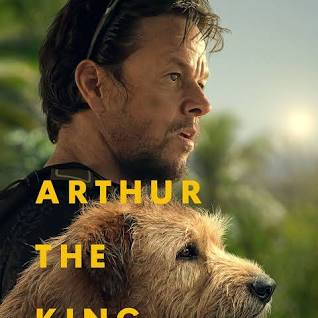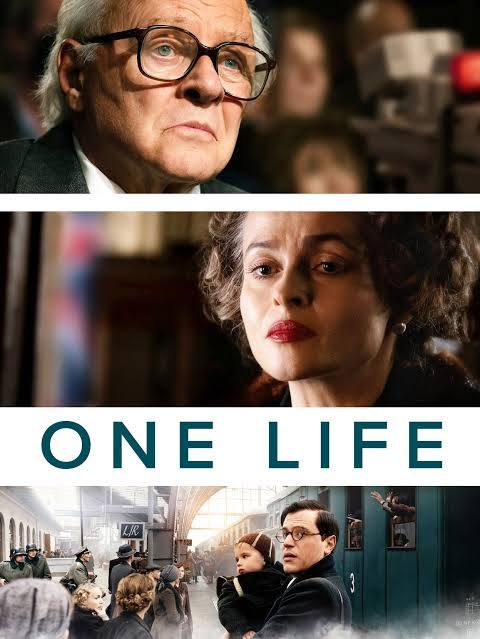3 Stars (out of 4)
When we think of courageous dog movies, who can forget “Lassie Come Home,” “Old Yeller,” “Rin, Tin, Tin” and “Benji?” The most recent canine hero movie to add to the mix is the heart-string tugging film “Arthur the King” – a moniker for a Santo Domingo street dog who befriends an adventure racing team on a grueling 700-km (435-mile) race across the Dominican Republic.
Michael Light (Mark Wahlberg) is a disgraced American runner who stubbornly led his adventure racing team to a humiliating defeat in Costa Rica when he refused to listen to his wiser team mates and was stranded with the ebbing tide on the first day of the race. Three years later he is still brooding about the loss and tries to assemble a new team for an adventure in the Dominican Republic. His wife, Helena (Juliet Rylance), a former teammate of that Costa Rica disaster encourages him in this endeavor.
Early in the adventure, Michael befriends a mangy street dog by offering him packaged meatballs. At the next race checkpoint (transition camp), the dog suddenly appears, having mysteriously crossed more than 200 miles of jungle. When the dog saves the team from falling off a cliff, the team adopts him as their mascot and names him Arthur the King.
There are ups and downs in this adventure film and Arthur is beloved by everyone – especially the audience. Rather than relate any more of the heroics of the team and Arthur, I urge you to see this movie and share this unique race which includes biking, kayaking, climbing and running. Not only are these adventure races real, the actual story of Arthur is based on a true story. As a real-life adventure, the audience gets to share photos of the actual Light family and their dog as the final credits roll. This is something I always relish – looking for similarities between the real life people and the actors cast to play them.
While the film is slow at its start and the director, Simon Cellan, might have figured a better way to introduce the dog Arthur at the onset of the film, it is very impactful and engaging when we finally get to the actual race.
In an interesting aside, last Saturday’s showings at the Park Plaza Cinema were set aside to benefit the Hilton Head Humane Society with patrons encouraged to bring their dogs to the theater for canine festivities.
As is often my custom, I saw this film in the front row at Park Plaza Cinema with my movie buddies Kathy and Tracey.





